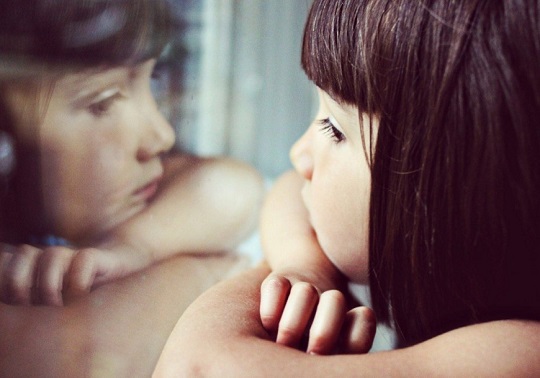
Language builds and makes us think, establishing realities in our mind and making us either happy or sad. If adults are susceptible to what others say, children ought to be much more.
On occasions we might tell children and babies counterproductive things without realising it, and these might make them feel bad, sad, lacking trust or unjustly judged.
What are some things that you should never say to a child?
DON’T CRY
Sometimes we might feel a bit overwhelmed by our children’s tears, who cry or get excited for anything. But if we tell them “don’t cry”, we are invalidating both their feelings and their means of expressing them.
We must not forget that the young ones are more emotional than us and express themselves in such a way because they do not have all the tools to do it verbally. We can help them by asking why are they sad, telling them that we cry as well from time to time and that it is okay to do so.
IT’S NOT THAT BIG OF A DEAL
For a child anything can be a huge excitement or a profound disappointment, and they express themselves accordingly. If we look down on how they feel, we are looking down on their way to experience the world, one which we as adults have a lot to learn from. So, even though they might be expressing sadness for not being able to go to the beach, we must try to communicate respectfully, for example saying “I know you really want to go, but we won’t be able to” or “I’m sorry to make you feel that way, but we won’t be able to go”.
IF YOU... THEN I...
Bartering with the child might turn out against us, as a day might come when they won’t do any chores if we don’t buy them anything.
Whereas teaching gratitude from a young age is much healthier. “Thank you for helping me, without you I could never have done it”, “luckily you were here with me, your help has been really important!”. This way we make the children feel useful and important.
YOU’VE DONE SO GOOD
Even though we must congratulate the child when they do something good, we must try to focus in the journey towards the results rather than in the prize. Rather than “you’ve passed your exams, very good!” a more appropriate approach might be “you’ve studied so many hours, have been focused during your classes and did your homework, such great efforts made you pass your exams congratulations!”.
YOU’LL UNDERSTAND WHEN YOU GROW UP
The child has questions and doubts which are never resolved. By saying this, we are telling the children that they have no right to receive answers, that they are stupid and that all grown-ups are smart and know it all. It is paradoxical, because these expressions are usually used when we do not know what to answer to the child. It is healthier to say “You know what? I don’t know the answer either, but if you want we can try to figure it out together”.
I DON’T LOVE YOU ANYMORE
The great distress a child might feel when hearing something like this is colossal. We know it isn’t true, but they do not differentiate when we say something seriously or when we are joking. A baby must grow up knowing that their parents love them unconditionally. Thus, instead of saying “your bad, I don’t love you anymore”, we must use phrases such as “I don’t like how you were behaving” or “how you behaved made me feel really sad”.








